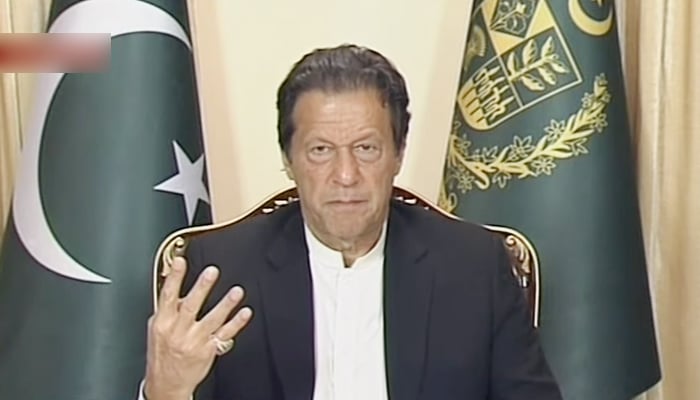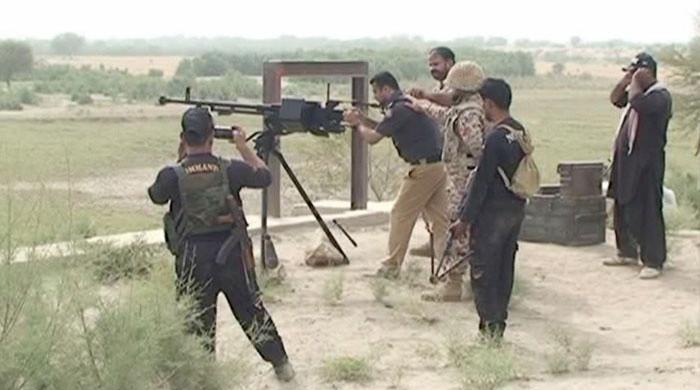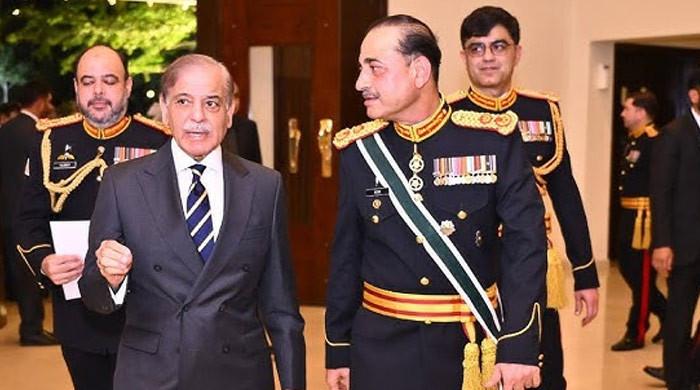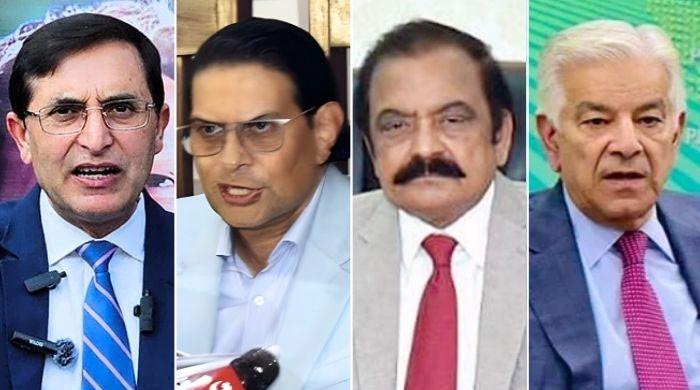We will introduce electronic voting system in Pakistan, says PM Imran Khan
The PTI-led government also plans to introduce a voting system for overseas Pakistanis
November 17, 2020

ISLAMABAD: Prime Minister Imran Khan on Tuesday said that his government plans to introduce an electronic voting system in Pakistan to ensure free and fair elections in the country.
During a media briefing in Islamabad, the prime minister discussed electoral reforms and the elections in Gilgit Baltistan as well as the results of the recent polls.
Thanking the people of Gilgit Baltistan who came out of their houses despite the cold weather to exercise their voting rights and make the polls successful, PM Imran said that his government will make sure to give Gilgit Baltistan provincial status as soon as possible.
'PTI first to campaign for fair elections'
Citing the example of the 2013 and 2018 elections, PM Imran Khan said that it was the PTI which first started a campaign for free and fair elections in the country.
"In 2013, when all parties said that the polls had been rigged, we were the first ones to go to the courts to demand the audit of at least four constituencies, " he said.
"We also staged dharnas, after which 133 petitions were signed by different parties against rigging."
He said that the purpose of demanding the audit of the four constituencies was not to win, but to set a precedent that rigging is not acceptable.
"Keeping in view the upcoming elections in Azad Kashmir as well as the Senate election, the PTI-led government wants to foster an environment where every party that faces defeat will readily accept the results of elections instead of complaining about rigging," he said.
Read more: PM Imran Khan approves 'National Job Portal'
"For the purpose, we will introduce an electronic voting system in the country, just like the rest of the world, to make sure that the process remains transparent," the PM added.
"We also want to set up a system for overseas Pakistanis so that they can cast their votes and become part of the democratic decision-making process in the country," he said.
Revealing his plan for the upcoming Senate elections, PM Khan said that instead of secret voting.
"We will introduce constitutional amendments to allow "show of hands" in the Senate voting process."
Imran Khan's three proposals
The premier has previously talked about three electoral reforms - electronic voting, biometric verification, and electing senators through a show of hands instead of secret ballots.
The issue of electronic voting and biometric verification has attracted comprehensive discussions among public circles and deliberations by the Election Commission of Pakistan (ECP). But these suggestions were universally discarded for different reasons.
Political parties have been opposed to the e-voting and biometric system, fearing that these modes are subject to easy manipulation as was the case with the notorious RTS (result transmission/management system), which, put in place in the 2018 general elections, created a mess because of its utter collapse when it should have functioned. It made the entire electoral exercise controversial and questionable, giving rise to a political storm.
Also, an ECP committee concluded a few years back that the cost of the electronic voting machines (EVMs) is very prohibitive, almost double, compared to the paper balloting.
His proposal for Senate elections may garner the support of opposition parties keeping in view the result of the no-confidence motion against Senate Chairman Sadiq Sanjrani in August last year.









